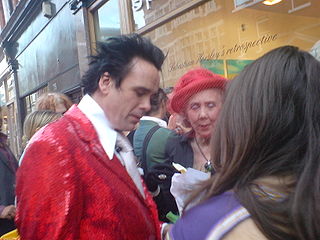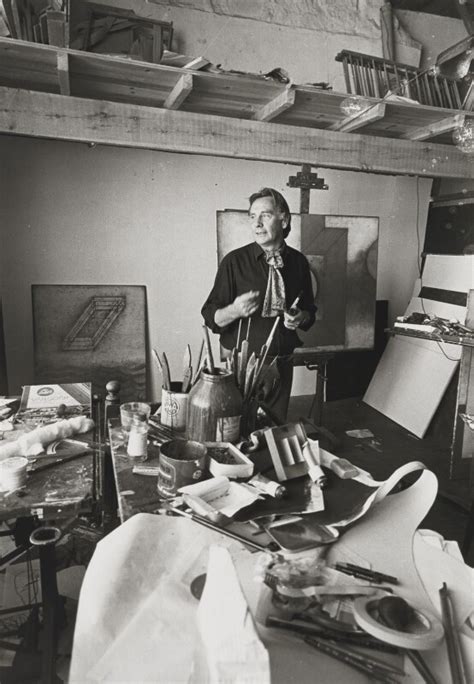A Quote by Sebastian Horsley
An artist has to go to every extreme, to stretch his sensibility through excess and suffering in order to feel and to communicate more.
Related Quotes
An artist has to go to every extreme, to stretch his sensibility through excess and suffering in order to feel and to communicate more. I have always been fascinated by blood. Pain can be vitalizing; it gives intensity in the place of vagueness and emptiness. If we don't suffer, how do we know that we live?
I feel ever so strongly that an artist must be nourished by his passions and his despairs. These things alter an artist whether for the good or the better or the worse. It must alter him. The feelings of desperation and unhappiness are more useful to an artist than the feeling of contentment, because desperation and unhappiness stretch your whole sensibility.
The artist seeks contact with his intuitive sense of the gods, but in order to create his work, he cannot stay in this seductive and incorporeal realm. He must return to the material world in order to do his work. It's the artist's responsibility to balance mystical communication and the labor of creation.
These days there are painters that go inside a factory in order to be inspired by the noise of machines, so that it affects their works. Of course, artists need sensibility; sensibility towards their environment and their community, but when they are stirred enough by their experiences in their society they can create their art in small studios.






































